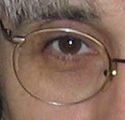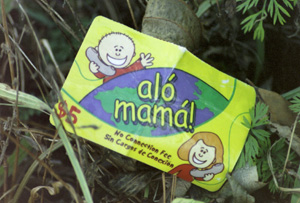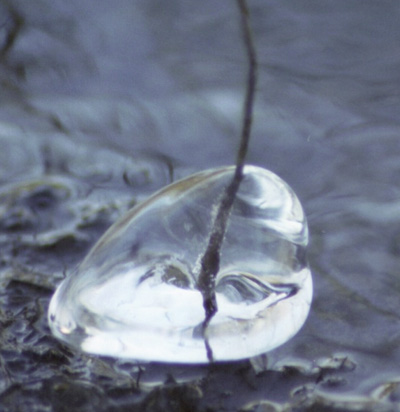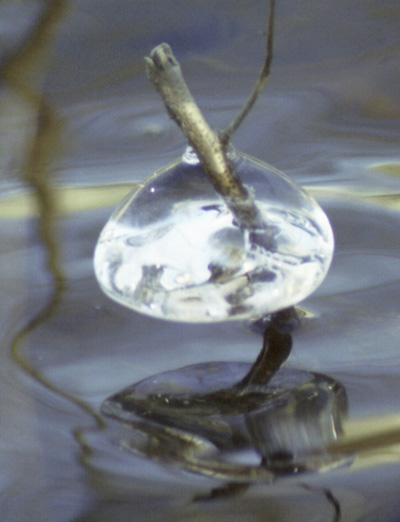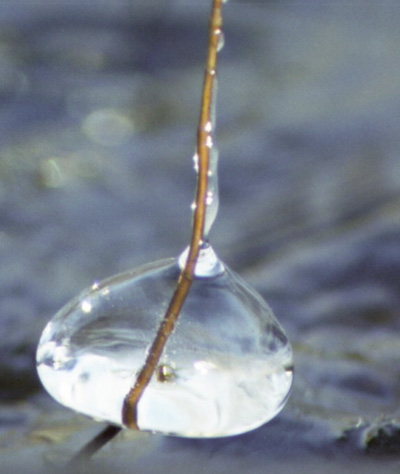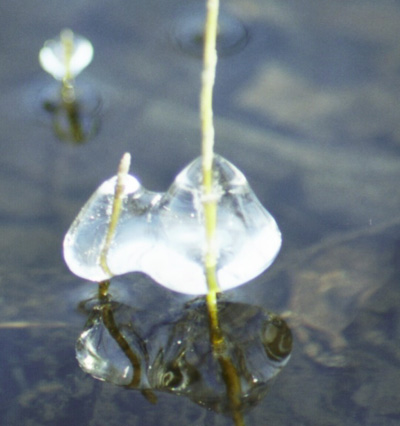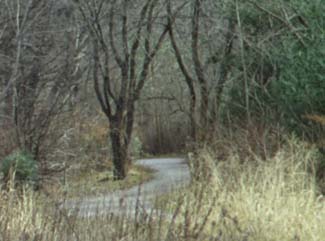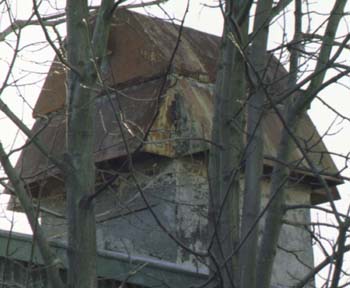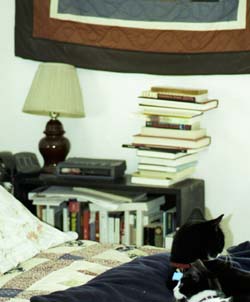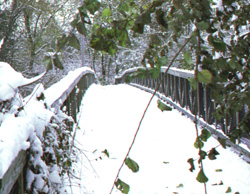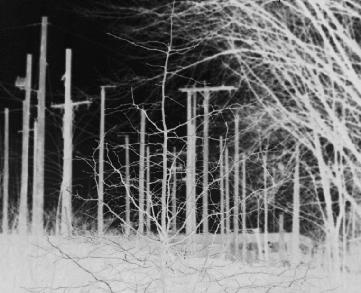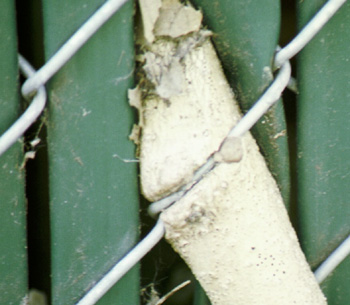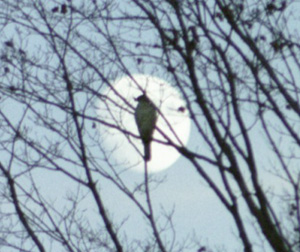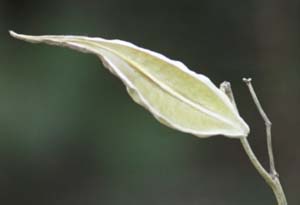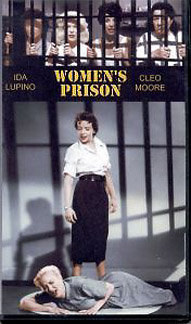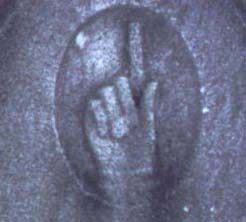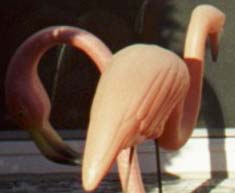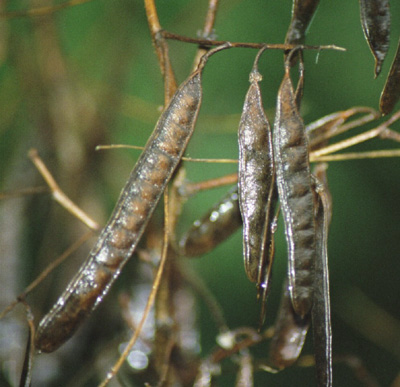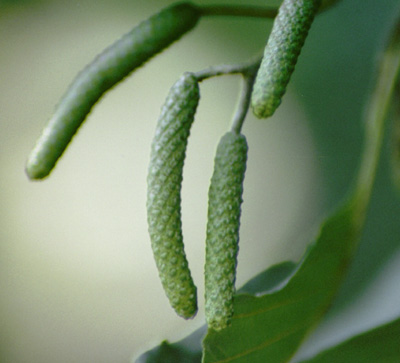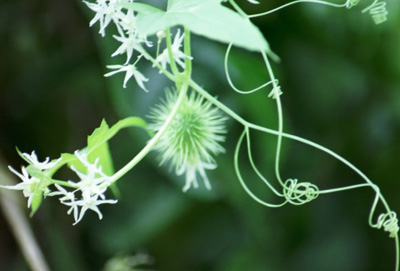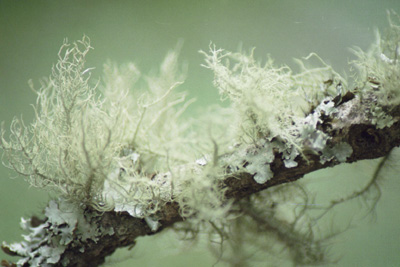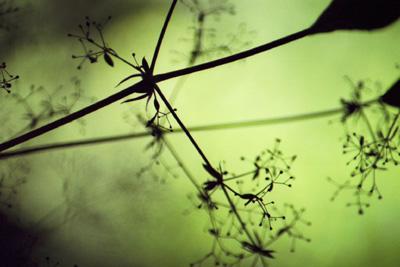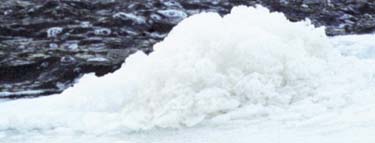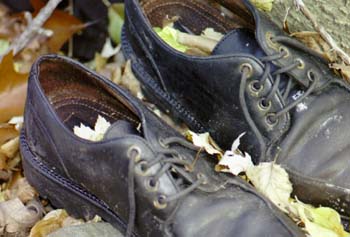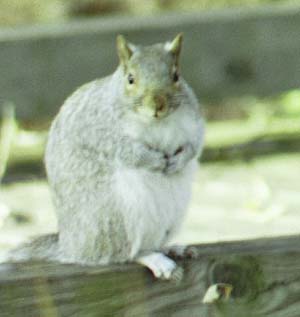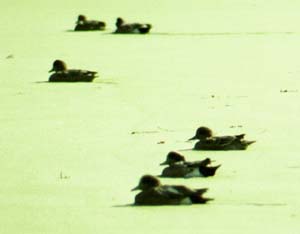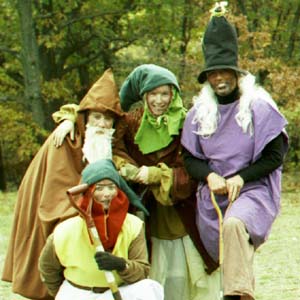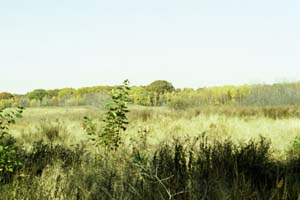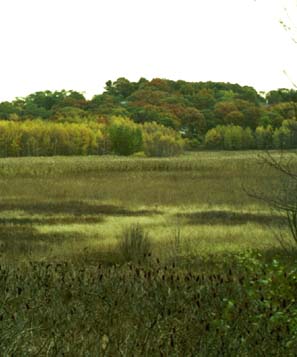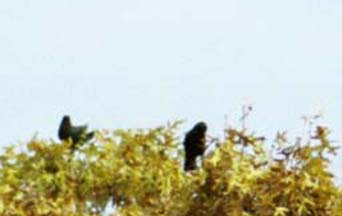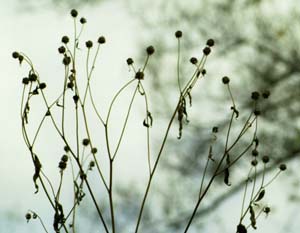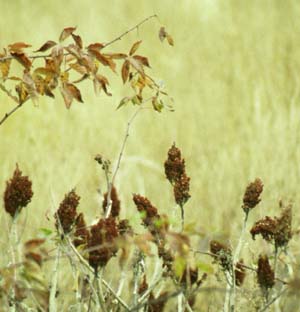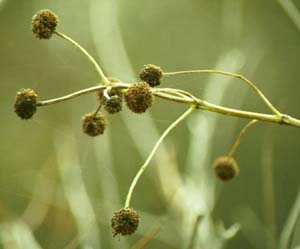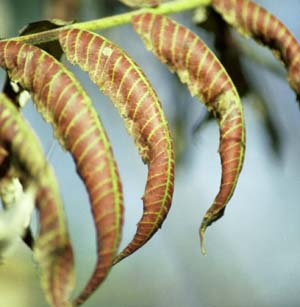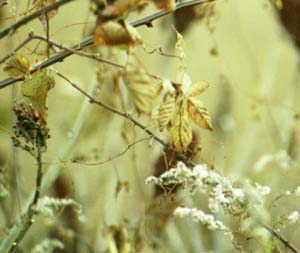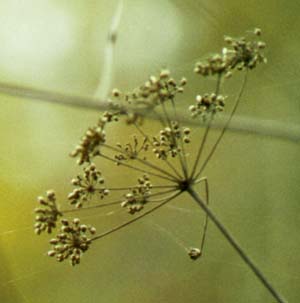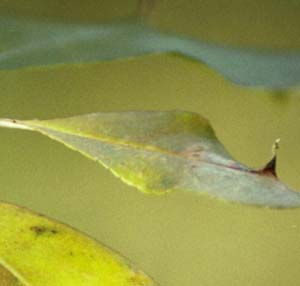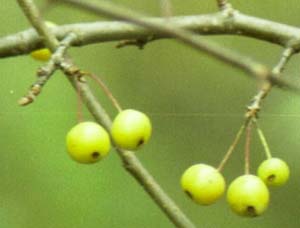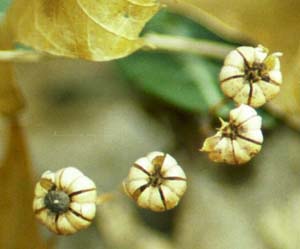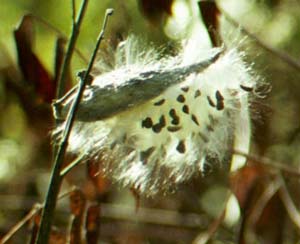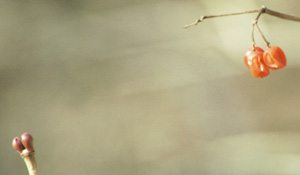
When our clinic got renovated a few years ago two things happened to the waiting room. It shrunk, and it got a TV, one of those institutional wall-mounted jobs that's perpetually blaring overhead. I don't think it has an off button. Every morning I must pass by Regis and Cathy -- gatekeepers of my workaday hell -- to get to my office. I find myself wincing, quickening my pace, nearly closing my eyes against the stream of cheerful banality. It's not a good way to start the day.
Yesterday morning, as DK had the second of two carpal tunnel surgeries, I found myself in a hospital waiting room. The obligatory TV was doing its full-throated number in the corner. It was, unpleasantly enough, the same hospital in whose ER I'd found myself a year and a half ago, which, at that time, I'd dubbed, acronymously,
GICHOTOON -- Grossly Inconvenient Community Hospital On The Outskirts Of Nowehere. Their ER waiting room boasted not one but two TVs, tuned to different channels. So things could be worse. But it was not good. No. Not good.
As I tried to read Thomas Merton on the "Philosophy of Solitude" --
The solitary is one who is called to make one of the most terrible decisions possible to man: the decision to disagree completely with those who imagine that the call to diversion and self-deception is the voice of truth and who can summon the full authority of their own prejudice to prove it.
-- I found my attention, already mildly addled by anxiety, pulled time after time to the loud, bright box .
In an absurdist, even illustrative counterpoint, George Foreman hovered overhead selling his grill, towering amidst a stream of remarkably non-descript, slender, and uniformly smiling young women selling other things. Selling weight loss. Selling food. Selling all species of Human Interest. Selling The Weather. Even selling "Tragedy," their perky smiles briefly dialed down to mawkish looks of concern as they gave 22,000 dead less airtime than our surprise day-after-Christmas storm's eight inches of snow. The smiles seemed to detach themselves, Cheshire-like, from the women. The smiles had minds of their own. They buzzed about like gadflies. I braced Merton open in my lap and plugged my ears.
And soon found myself thinking back to a more harrowing wait of almost 10 years ago. That time I was at a bigger, more imposing urban hospital, Boston's famous Brigham and Women's. Their surgical waiting room was enormous, quiet; its walls were curved and womb-like, and the waiting room was called, in a wierd hybrid of social-work and military speak, "Family Liaison." DK was having bigger, more imposing surgery by a cheerful neuro-otolaryngologist taken to wearing Mickey Mouse neckties. DK had nicknamed him "Dr Maniac." Who, after all, but a maniac could be bold enough to drill into skulls ? A few months prior DK's middle ear had filled with fluid, a common enough affliction, but DK's turned out to be
spinal fluid , leaking in through a little congenital hole in his temporal bone. It had taken 42 years for the dura mater to wear through. So this was not-quite-but-almost brain surgery: Dr. Maniac went in through the skull above the ear to do his patch job. (And, it turns out, had to snip off a nubbin of brain "the size of a ballpoint pen clicker" that had herniated through the little hole. DK claims his ability to spell was in that bit of brain.)
And in "Family Liaison" -- perhaps someone had taken a cue from Raymond Carver's "A Small, Good Thing" -- there were muffins. An endless stream of large, warm, fresh muffins, presided over by a kindly, quiet, solicitous man named Tom.
This is the poem I wrote about that wait.
OR Waiting Room
Do you know the muffin man
who lives in Drury Lane ?
-- child’s song
There may be a few angles here
in Family Liaison, but we
are mostly sunk in womby curves
while our loved ones are off elsewhere.
Mercifully, there’s no TV,
but just discrete high end Muzak,
the minor masters of Baroque --
G. Sammartini, Telemann --
and a few Christmas Carols, yes,
but of the not-too-jolly kind,
sprinkled in for seasoning.
Help yourself to muffins, ma’am.
says Tom, our host in Liaison.
The hospital white noise and med-
lies from the sweet Nutcracker Suite
sursurrate so soothingly
I could forget the wedding band
deep in my backpack’s black abyss,
a guest beneath the loosened clasp
of my old change purse, and ignore
bone saws poised above their swift
descent, all whirring too, and in
fact, I slip into a cat
nap dream of spinal fluid, cold
and lucid on the petrous ridge
of temporal bone, bubbling and spry
as water sprung from rock, holy,
numinous, cascading through --
then jolt awake, kinked and adrool
on plump earthtones, between a pair
of Danish Modern arms that, blond,
curve around me, barely touch.
Want a muffin ? queries Tom,
as the 4th Brandenburg comes on,
the dark andante, surely a
programmatic accident,
tactless as a surgeon’s Oops! ,
two flauti dolci falling side
by side through a vast space where just
three red beacons cast the light --
pointsettia, EXIT, fire alarm --
toward three closed doors marked CONSULT that
are clustered in one inlet. That’s
where they keep it, the bad news.
Take a muffin, insists Tom,
and swipes a red scrap from his lip.
Me, I like the cherry kind.
Below this room the dreary lanes
of Boston’s Mission Hill darken
in the tenth straight day of rain
as sirens sluice down them toward
the sodden hospital, but our
window’s just a snaking slit.
It’s cut below the curved roofline,
onto a view of scaffolding,
and airshaft sheets of concrete, glass.
We ask: has the sun risen yet ?
Will it ?
Eat, he says. Eat.
12.20.96
And here I was, nearly ten years later, in a waiting room again -- another Tom, no muffins, same husband. Eventually a woman with a clipboard arrived. To liaison with me. The surgery was finished. DK was awake. She could bring me to the day surgery recovery room now. I followed her down a yellow, dingy corridor.
There sat DK, goofy from anaesthesia, wolfing down saltines, his right hand swaddled in an impossibly large, club-like dressing. The long room was nearly empty. As I watched my husband eat, an idle nurse reached up and switched on -- you guessed it -- a TV.
"Have a cracker," said DK above the din. He was swaddled in yards of faded hospital gown. Cracker pulp flecked his lower lip. Without his glasses he seemed a stranger.
"No, thanks," I winced.
Where was Tom, any Tom, when I needed him ?
